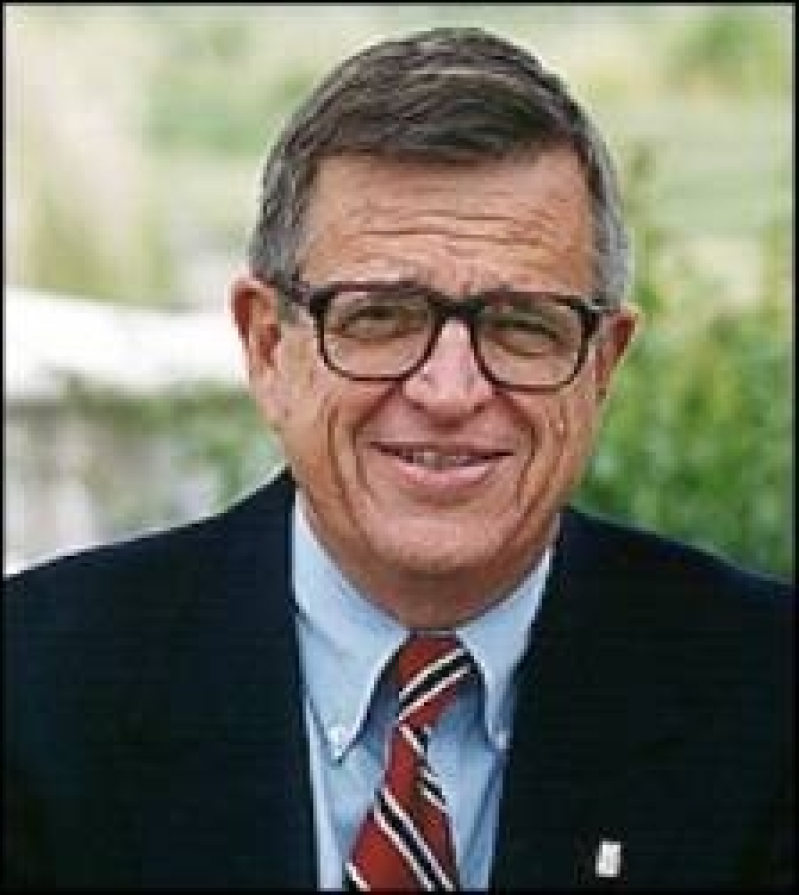
We’re hearing a lot these days about human rights and social justice-particularly among younger evangelicals, but also among secularists. It’s a good thing that there is a growing concern for the poor and the oppressed around the world.
But when the younger generation approaches people like me and tells us that we need to be working for “social justice,” what I tell them is that we’re already doing it. In fact, I believe it’s the single greatest apologetic of the Christian Church.
But what makes us different from the secularists, however, is our worldview-especially in our belief in a fundamental truth that goes right to the heart of who we are. We know all human rights and social justice are grounded in the imago Dei-the fact that we are created in the image of God.
I can’t emphasize that enough. The secularists want social justice, but at the same time, they want to turn right around and deny the very thing that makes social justice possible. It doesn’t work.
I heard a magnificent sermon recently by Dr. Tim Keller, pastor of Redeemer Presbyterian Church in New York. He makes this point powerfully in a sermon called “In the Image of God.” With great eloquence, Keller talked about what it means to be created in God’s image and its implications for the way we live.
Because we are created in the image of God, human life is sacred. We have value, worth, and dignity. Science by itself doesn’t give us any basis for that view. So when a society loses its belief in God, it starts to believe that humans are only valuable based upon their “capacities”-and then you get views like those of Dr. Peter Singer of Princeton, who believes that some human lives have no value and deserve no protection.
The whole civil rights movement sprang from a biblical worldview. It’s not just a tradition in Western thought, Dr. Keller reminds us. Even “Aristotle said some races are born to be slaves.” But the Bible tells us in Genesis that humans are accountable for each other’s lives, precisely because God created us in His image. Martin Luther King, Jr., and other civil rights leaders took their views directly from this way of thinking about God and humanity. Dr. King even talked about the imago Dei in his sermon “The American Dream.”
And this is exactly why you and I can’t make a distinction between being pro-life and fighting for human rights. As Dr. Keller shows, there is an unbroken connection between human life in the womb and human life in all other stages and circumstances.
That is the Christian view. It’s why early Christians condemned abortion and cared for abandoned babies. It’s why I wrote in my book The Faith that if you say you are a Christian and are pro-choice, you’d better check whether you are acting in obedience to God and belong in the company of Christian fellowship. “When you believe in the image of God,” Dr. Keller explains, “the circle of protected life expands. But when you don’t believe in the image of God . . . the circle will continually contract.”
Visit BreakPoint.org to find out how you can order a copy of Dr. Keller’s brilliant sermon, “In the Image of God.” You’ll never hear a better explanation of one of the unique and most important contributions Christianity has made to Western civilization.
_______________________________________________________
From BreakPoint, June 17, 2009, Copyright 2009, Prison Fellowship Ministries. Reprinted with the permission of Prison Fellowship Ministries. All rights reserved. May not be reproduced or distributed without the express written permission of Prison Fellowship Ministries. “BreakPoint®” and “Prison Fellowship Ministries®” are registered trademarks of Prison Fellowship







